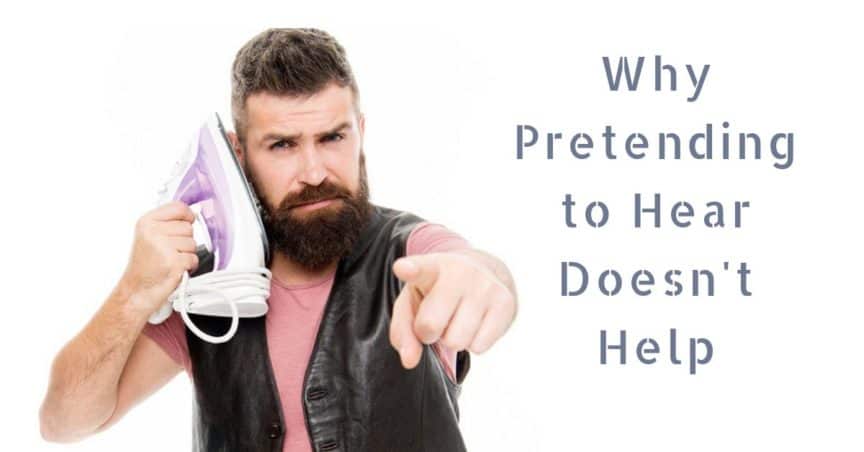Breaking bad habits is hard to do! We tend to shy away from situations that cause ourselves or others discomfort. We create techniques to save us from embarrassment such as forgetting someone’s name immediately after being introduced. We pretend to like a person in our social circles to keep the peace, show good manners and be civil-minded. Everyone finds ways to navigate social situations to keep the flow of conversation, to be inclusive and to consolidate our connectedness through social relationships and networks.
Social mechanisms
Is it bad to pretend in social situations? It really depends on the context. We have all fallen prey to laughing at a joke that is humorless. Have you acknowledged a name or place you have never heard of in order to maintain the dynamics of a group conversation? Have you looked for facial cues and body language to respond appropriately when falling through the cracks of a conversation? If so, you are not alone. We all have ways to manage our communication when we fail to hear what is or has been said. We often feel it is rude to interrupt when someone is speaking so we pretend that we have gotten the point or understood a punchline. As we traverse the many accepted social pathways of communication, we can also acquire bad habits that eventually result in denigrating our ability to communicate effectively.
Pretense and hearing loss
But when it pertains to our hearing impairment how effectively does pretending to hear work for us? When does this negatively impact our lives and how can we change it in the face of declined hearing? Pinpointing when you use pretense is one way to break a bad habit.
Let’s say, for example you, have more prominent hearing loss in one ear than the other. You are with a group of friends at a restaurant it starts filling up with more people. Soon the noise level is up to a cacophony and the person seated next to you keeps talking thinking you are following along with no problems.
You may find yourself doing the following:
- Smile and nod like you understand what is going on or,
- Tell them that you have a hard time hearing them or,
- Tell them that you have a hard time hearing them and if they could repeat what they said at a slower pace and a bit louder or,
- Ask if you could switch seats with them so you have your good ear turned to them.
The options listed above are suggested ways to deal with hearing impairment in a hypothetical situation. The point of the exercise is to stop using pretense and instead turn a situation that is uncomfortable into a positive one that allows for the people involved to disclose their disadvantage and also offer constructive and instructive information to elevate communication. This would also apply in greater importance at your workplace meetings!
Have a script ready
Letting people know that you have a hearing impairment is actually empowering after a bit of practice. Physically locating yourself at the most advantageous point away from noise and windows and facing people is another effective technique.
Here are some things to keep in mind when you disclose your condition to others:
- Inform them of your hearing impairment: “Sorry to interrupt but I have a hearing impairment.”
- Let people know what is specifically challenging to you within the current context:
“Could you repeat that from the beginning?”
- Offer them ways in which the situation can be made better so that everyone can benefit! “If you could rephrase that/speak louder and more concisely it would be very helpful.”
Now that you have rehearsed your scripts, created ones that are uniquely yours and become confident enough to put them in to play be prepared to improvise! Know that people are more than likely happy that you have disclosed your condition to them and are willing to work with you for your benefit and theirs!
Ear-Tronics
At Ear-Tronics, we encourage you to call us with any questions or queries you or a loved one might have concerning hearing loss. An appointment with any of our hearing health professionals will get you started on the road to healthier, hearing experience. We look forward to formulating a treatment and forging an ongoing relationship suited to your hearing needs.

